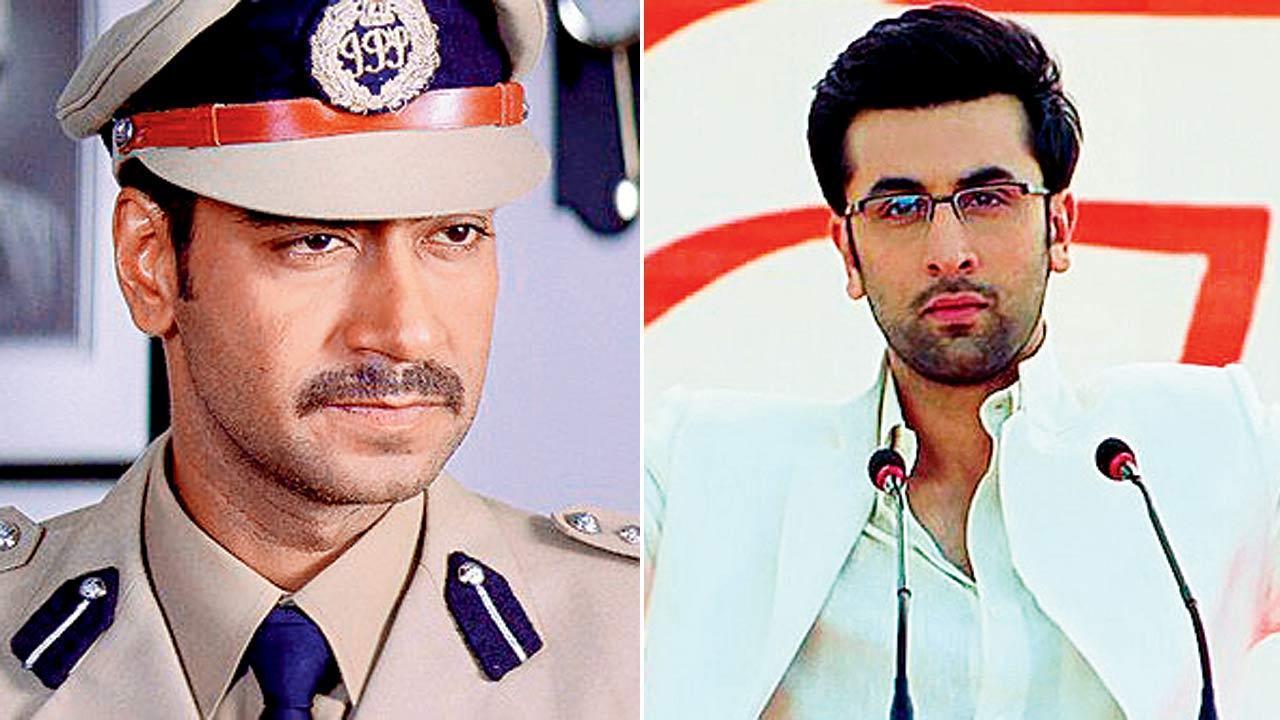
In a move that has sent ripples through the cricketing community, Jalal Yunus has stepped down from his dual roles as the Bangladesh Cricket Board (BCB) director and the chairman of the cricket operations committee. The resignation of the former fast bowler comes in response to a directive from the National Sports Council (NSC), demanding his departure.
“I have resigned for the greater interest of cricket,” Jalal stated to ESPNcricinfo. “I am all for cricket running properly and correctly. I am alright with their intention to replace me as per the constitution. I don’t want to be a stumbling block for cricket’s progress,” he elaborated, emphasizing his commitment to the sport rather than personal position.
While Yunus has chosen to step aside for the proclaimed betterment of the game, another NSC-appointed director, Ahmed Sajjadul Alam, has taken a different stance. Rejecting the board’s call for his resignation, Alam remarked, “I told them that since they nominated me as the NSC councillor and then I became a director, they have to do it. They can inform me of their decision regarding me,” he conveyed to ESPNcricinfo, marking a crucial divergence in approaches among the leadership.
Jalal Yunus is the first director to resign from the current board, a move that occurs against a backdrop of intense scrutiny following a major political upheaval in the country. The recent student-led protests culminated in the resignation of the Awami League government just a fortnight ago, causing significant instability and raising questions about the governance of numerous national institutions, including the BCB.
According to a report from Cricbuzz, the BCB may witness more significant changes soon. Even the BCB president, Nazmul Hasan, has hinted at his own possible resignation, signalling a broader potential shift in the board’s structure and leadership.
The political turbulence has prompted high-level engagements, including a visit by Youth and Sports Adviser Asif Mahmud to the BCB headquarters. Mahmud’s visit entailed meetings with key officials, staff members, and notable figures like former captain Tamim Iqbal. This interaction aimed at assessing the current state of the cricket board and its future direction under the new government.
.
“You’ve seen that our Youth and Sports Adviser visited the BCB office today. He reviewed the board’s facilities and seems to have plans to visit other federations in the coming days,” confirmed BCB Chief Executive Nizamuddin Chowdhury in a public statement. Highlighting the informal nature of the discussions, Chowdhury added, “There was no specific discussion with anyone. The advisor spoke to several people in the BCB who shared their experiences.”
Amidst this political upheaval, the BCB remains committed to proceeding with its scheduled activities, notably the upcoming Women’s T20 World Cup. Nizamuddin Chowdhury expressed confidence in the board’s capability to host the event despite the country’s political challenges.
“We are fully confident in our preparations to organize the Women’s T20 World Cup on schedule. The government has been proactive, contacting us on their first day in office. The Bangladesh Army has also assured us of full support and cooperation. We’ve informed the ICC, and they are satisfied with our preparations,” he reassured, attempting to alleviate concerns surrounding the event’s successful execution.
This period of political transition is undoubtedly a turbulent one for the Bangladesh Cricket Board, often finding itself at the intersection of sports and politics. The resignation of key figures like Jalal Yunus may be seen as both a sacrifice and a tactic, aimed at stabilizing and ensuring the continued development of cricket in the country.
As the dust begins to settle and more clarity emerges regarding the board’s future leadership structure, the focus remains firmly on maintaining the progress and growth of cricket in Bangladesh. The coming weeks will likely be crucial in determining the new direction for BCB, as officials grapple with changes both on and off the field.
In conclusion, the resignation of Jalal Yunus epitomizes a significant moment of introspection and potential transformation within the Bangladesh Cricket Board. As cricket enthusiasts and stakeholders await the unfolding developments, the primary hope is that the sport will continue to thrive, undeterred by the political waves that currently surround it.










